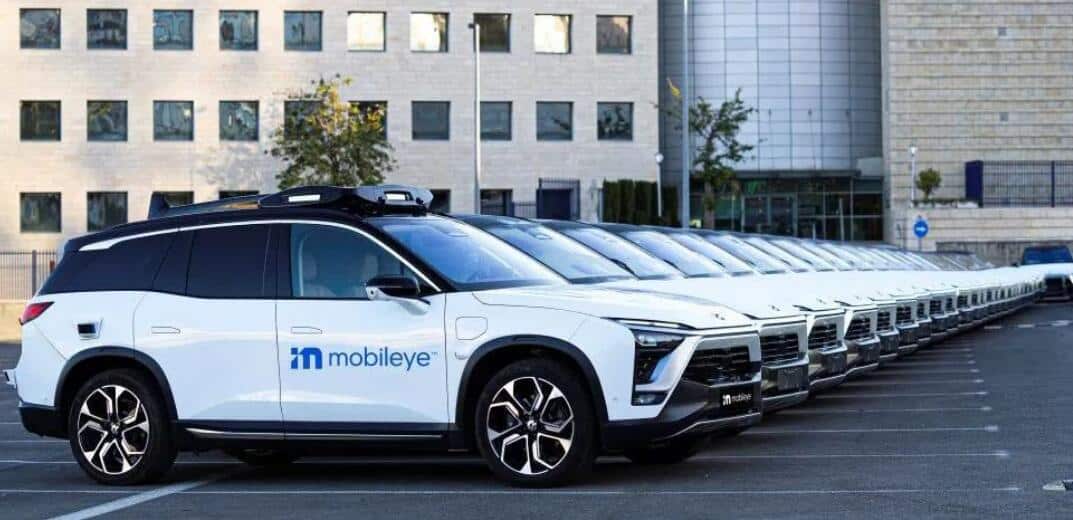The Nio ES8, equipped with Mobileye's self-driving hardware and software, is planned for use in a robotaxi service and to integrate on-demand shuttles into local public transportation in Germany.
Mobileye (NASDAQ: MBLY), the self-driving car division of Intel, began testing Nio ES8-based autonomous vehicles in Germany after the plan was announced more than a year ago.
Mobileye has passed the TÜV SÜD's AV-Permit process to operate Nio ES8 vehicles with autonomous vehicle technology on German streets, the company announced on January 4.
Mobileye received a permit recommendation from TÜV SÜD, an independent third party for testing, certification, auditing and consulting services in Germany, to enable Mobileye to operate its autonomous vehicle technology on German streets.
The license paves the way for Mobileye to expand its pilot phase in Germany and operate Mobileye Drive-equipped Nio ES8s with a responsible safety driver on all roads in Germany, the company said.
In September 2021, Intel and German car rental giant Sixt SE announced that they will launch a self-driving ride-hailing robotaxi service test in Munich in 2022, with plans to roll it out to Germany and eventually across Europe after the next few years.
Johann Jungwirth, Vice President of Mobility-as-a-Service (MaaS) at Mobileye, said at the time that the Nio ES8's huge amount of space will give passengers a great experience.
The Nio ES8, equipped with Mobileye self-driving hardware and software, is planned for use in a robotaxi service, as well as for integrating on-demand shuttles into local public transportation in Germany.
The pilot phase of these services on German roads will accelerate throughout 2023 after EU and German authorities adopt regulations for safe self-driving testing and deployment in 2022, Mobileye said.
A safety driver will be behind the wheel until all approvals and permits required for the vehicle to be fully driverless are obtained.
The Nio ES8 vehicles undergoing testing were modified with a range of sensors and equipped with Mobileye's autonomous driving system, Mobileye Drive.
The system consists of 13 cameras and a stand-alone assisted sensing system that includes six surround radars, three long-range and six short-range surround LIDARs. The EyeQ system-on-a-chip (SoC) provides the necessary computing power.
The system allows for scalability and different MaaS services like autonomous robotaxis, public-transit shuttles or last-mile goods, Mobileye said.
Nio entered into a strategic partnership with Mobileye on November 5, 2019, to jointly develop L4 autonomous driving vehicles.
Mobileye did not mention the number of vehicles used for testing in its latest press release, though Intel mentioned in September 2021 that the test fleet will initially start with a few dozen vehicles and grow over time.
